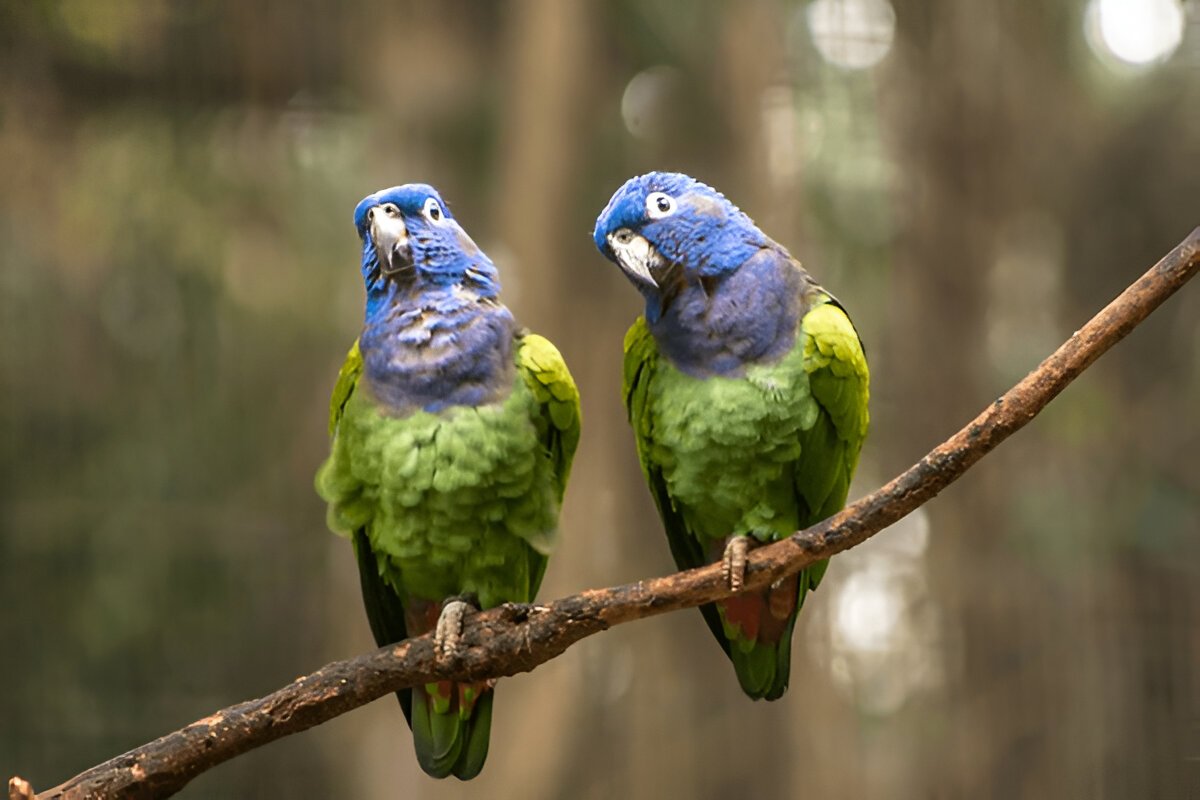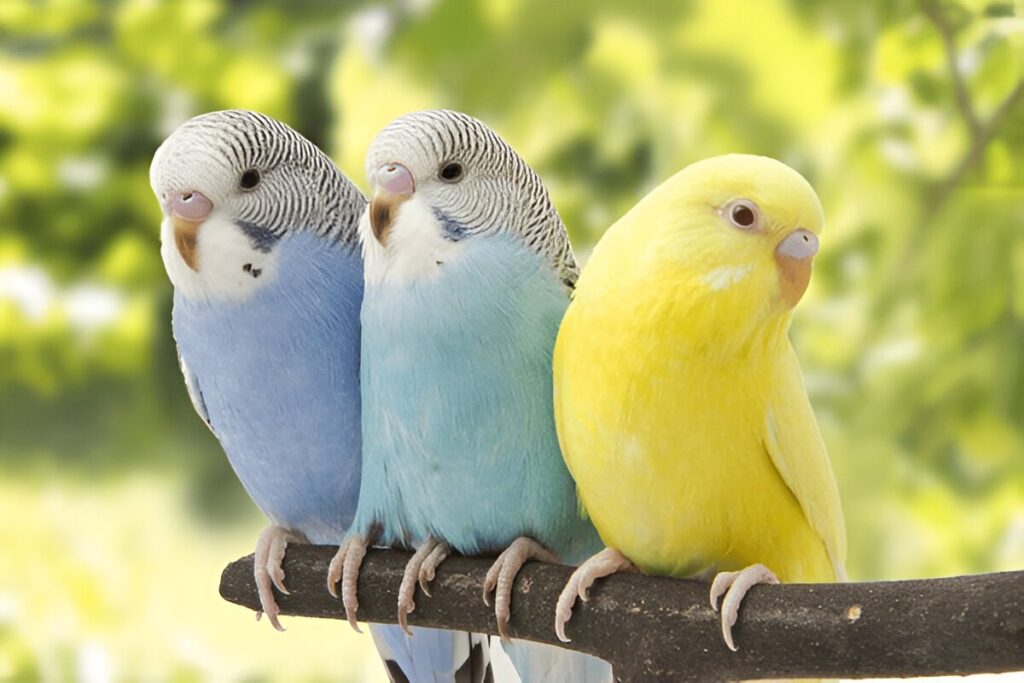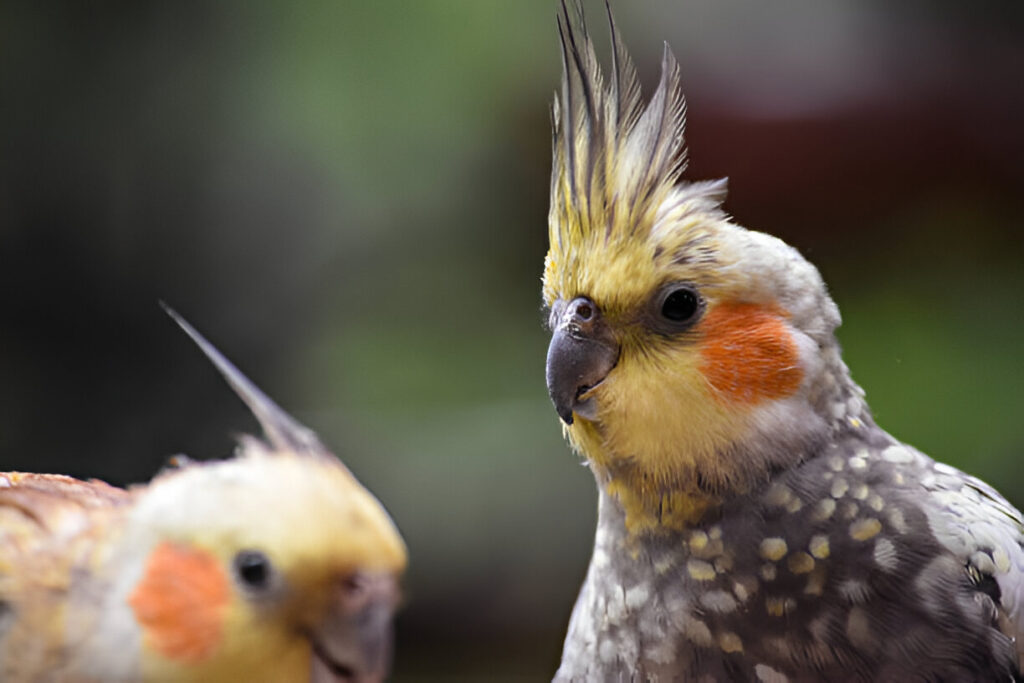The Pionus: Gentle Gem, Usually Overlooked
First of all, when it comes to parrots, the Pionus often conceals itself in the radar compared to more flamboyant cousins such as the macaws, cockatoos, and the African Greys. But for those in the know, it is a hidden treasure; gentle, very intelligent, and affectionate-words that describe the Pionus Parrot, making them an excellent companion.
Pionus Parrots have emerged as a wonderful option for bird lovers seeking a more subdued, less boisterous pet, considering their docile nature, striking colors, and unique personalities. Let’s venture into the realm of the Pionus Parrot and see why this species is so underrated.
Pionus Parrots are a genus, Pionus, native to Central and South America. There are eight recognized species, all with their own personalities. Some popular species include:
- Blue-headed Pionus: It has a bright blue head and is known for its laid-back personality.
- White-capped Pionus: It has its white cap and is considered one of the gentler species of parrots.
- Bronze-winged Pionus: Bronze-colored wings help identify this quiet-natured parrot.
- Dusky Pionus: Famous for its dusky gray plumage and very loving personality.
Pionus Parrots are medium-sized birds, generally between 9 to 12 inches in length. They have rather subdued plumage but very attractive, often with greens, blues, bronzes, and specific marking on both the head and wings.
The Personality of Pionus Parrot: Gentle, Lovable, and Independent
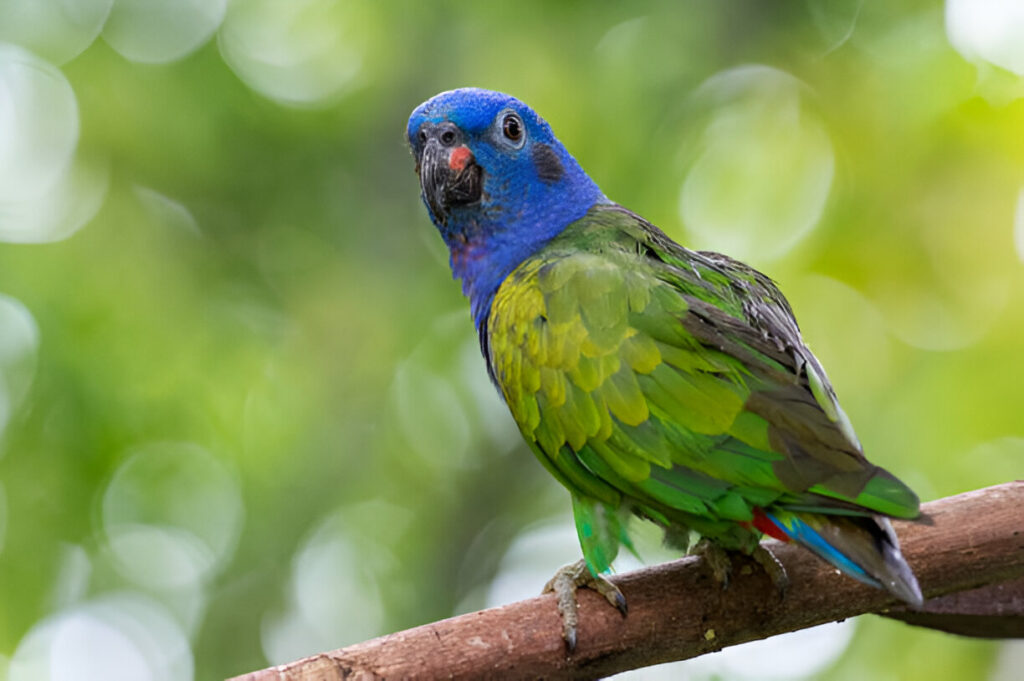
Generally, Pionus Parrots are considered the “introverts” of the parrot world. While they might lack some of the flash and loudness of other species of parrots, they have a quiet charm and personality that wins over their owners.
- Dovelike, Gentle, and Calm: Pionus Parrots are mild-mannered and laid-back. They seldom scream or get as excited as most other parrot species, which is a good thing for apartment dwellers or those with noise issues.
- Affectionate but Not Clingy: These birds form strong bonds with their human companions and enjoy spending time with them. However, they are not as demanding of attention as some other parrot species, making them a good fit for owners who can’t dedicate every waking moment to their pet.
- Playful and Inquisitive: While quiet, the Pionus Parrots are never short on playfulness and curiosity. They love to interact with their surroundings, play with toys, and solve puzzles. The playful side of these birds is often surreptitious and may be expressed through the quiet investigation of an object or through nibbling at a toy.
- Free Thinkers: The Pionus Parrots are intelligent and can also be quite independent. They easily learn tricks and commands but also have a mind of their own and may do things their way.
Caring for a Pionus Parrot: What You Need to Know
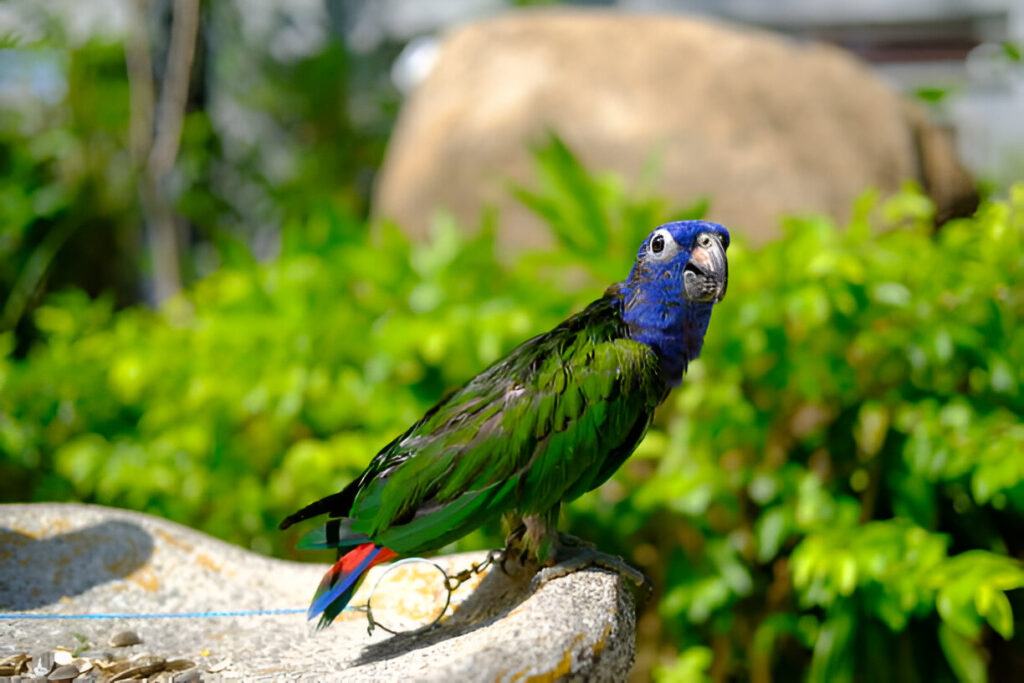
Pionus Parrots require relatively less work than other species of parrot, but don’t get one if you aren’t willing to provide the kind of care and attention that they thrive on. So here’s everything you need to know if you are thinking of welcoming a Pionus into your home:
- Cognitive Stimulation: Like other parrots, Pionus Parrots need mental stimulation as well. Toys, puzzles, and foraging will keep these birds’ brains stimulated.
- Social Interaction: They are not as demanding as other parrots, but they still require a good daily dose of human family interaction. Spend time chatting with them, playing with them, and making them an integral part of family life.
- Diet: A balanced diet is very crucial for the well-being of your Pionus Parrot. In the wild, they feed on various fruits, seeds, nuts, and other vegetation. Their diet in captivity should be of high-quality pellets, fresh fruits, vegetables, and sometimes nuts or seeds as treats. Never feed your birds avocado, chocolate, or caffeine because these are poisonous to birds.
- Housing: Pionus Parrots require a roomy cage that will provide ample opportunity to stretch their wings, climb, and play. The cage should be equipped with perches, toys, and foraging opportunities. Besides, time out of the cage is an essential ingredient in the physical and mental health of your Pionus.
- Longevity: Pionus Parrots live for a very long time; the lifespan may lie anywhere between 25 and 40 years. Owning a Pionus is, therefore, a long-term commitment, requiring careful planning and dedication.
The Challenges of Pionus Parrot Ownership
Pionus Parrots are generally easier to care for than some other parrot species. Yet, they do come with their challenges. Here are some potential issues to consider:
- Quiet but Not Silent: While Pionus Parrots are quieter than many other parrots, they are not completely silent. They can still make noise, especially during the morning and evening.
- Feather Plucking- As is in the case with all parrots, the Pionus Parrots do develop feather plucking when under stress, boredom, or negligence. Proper mental stimulation and social interaction help eliminate this kind of behavior.
- Health Issues: In general, health issues such as respiratory problems and obesity are commonly faced by Pionus Parrots. Hence, regular checkups with an avian veterinarian is a must.
Many Pionus Parrot species are facing threats in the wild due to habitat destruction and the illegal pet trade. While they are not as critically endangered as some other parrot species, conservation efforts are still needed to protect their populations.
If you’re considering a Pionus Parrot as a pet, make sure to source it from a reputable breeder or adopt from a rescue organization. Never support the illegal wildlife trade.
We Just Love Pionus Parrots
Pionus Parrots are more than just pets or companions; these birds are meant to be held close, leaned on, or even talked into. Their relatively calm nature combined with their ability to be endearingly cute and affectionate makes them highly enjoyable to surround oneself with, even if perhaps not as ‘flashy or loud’ parrots.
Whether you’re enjoying their playful antics, marveling at their subtle beauty, or simply spending quiet time together, Pionus Parrots remind us that sometimes the best things come in understated packages. Let’s do our part to protect these incredible birds for generations to come.
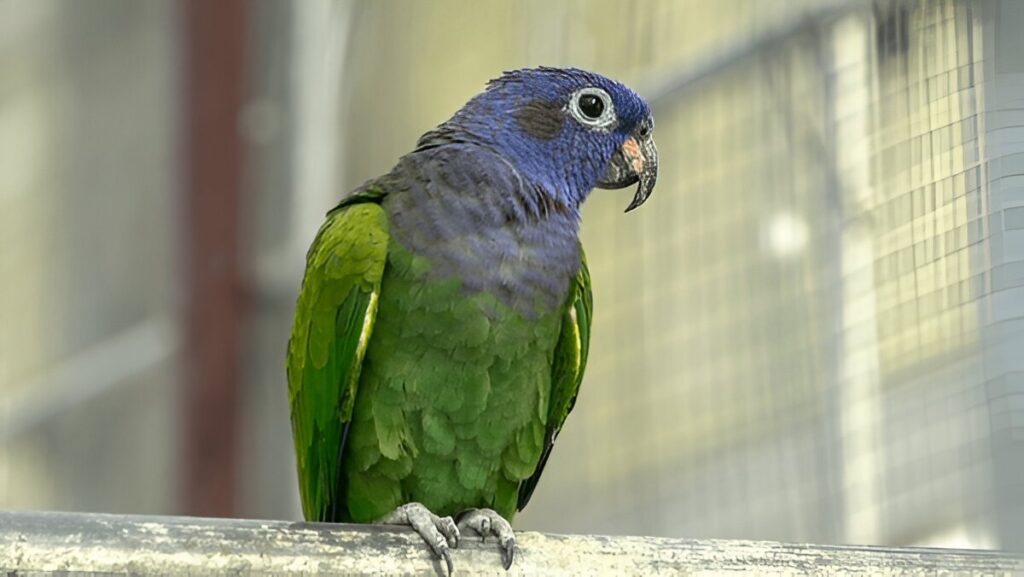
Have a Pionus parrot, or do you know somebody who does? Share experiences and stories within the comments below. Let us ogle these underrated feathered wonders together.
Yuns Legdm is a passionate advocate for pet care and the founder of this website, dedicated to providing valuable information for fellow pet lovers and veterinary professionals worldwide. With a deep love for animals, Yuns created this platform to connect passionate pet owners with expert insights from veterinarians around the globe.
This website grows with you—the passionate pet owners and veterinary experts—creating a trusted space where knowledge, experience, and love for animals come together. Whether you’re seeking advice on pet health, nutrition, or general well-being, this platform is here to support you on your journey of responsible and loving pet care.

